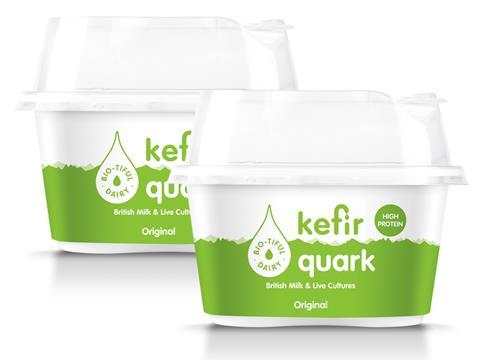
Kefir brand Bio-tiful Dairy has diversified into quark in an attempt to target the on-the-go breakfast segment.
The brand has launched Kefir-Quark pots, which it says represents a brand new category in the market and boasts a texture between strained yoghurt and soft cheese.
Kefir-Quark Cranberry & Chia (rsp: £1.95/170g) and Kefir-Quark Original (rsp: £1.70/150g) went on sale in Waitrose, Ocado, Planet Organic and Whole Foods Market stores from 2 February.
The Dorset-made product responded to consumer demand for high protein options that support gut health, said the brand. It also featured natural ingredients, with no added sugar while it is packaged with a spoon to attract the on-the-go market.
Alongside high protein content, boasting 18g 150g per pot, the product also contains less sugar than normal milk due to its fermentation process at 3.5g per pot and 0.6g of fat.
Kefir-Quark was created by fermenting skimmed milk with kefir and quark cultures before being strained to turn preserve the benfits of kefir, while creating a satisfying meal, said Bio-tiful Dairy. Among the “billions of live gut-friendly bacteria” cultures found in the product are probiotics Bifidobacterium, Lactobacillus acidophilus, Lactobacillus plantarum, Lactobacillus case and Lactobacillus rhamnosus.
“We are delighted that for the first time ever we are bringing together two of the very best and healthiest dairy products - kefir and quark,” said CEO and founder of Bio-tiful Dairy and former professional figure skater Natasha Bowes.
“Bio-tiful Kefir-Quark is of the highest quality and boasts an exceptional list of natural health benefits, which we are so excited to share with UK consumers.”
The range joins the brand’s existing range of kefir, baked milk kefir and kefir smoothies.
Quark is a soft cheese product, often used to replace cream, yoghurt or other soft cheeses, while kefir is claimed to be beneficial to health due of its blend of bacteria, lactic acid, vitamins and natural antibiotics, enhanced through fermentation.
However, last year saw the brand’s ad campaign banned over claims it aided “better digestion”, which the ASA censured for violating EU rules as they were not accompanied by “a specific authorised health claim”.







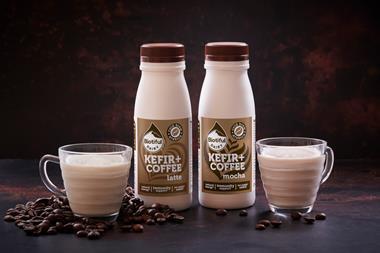
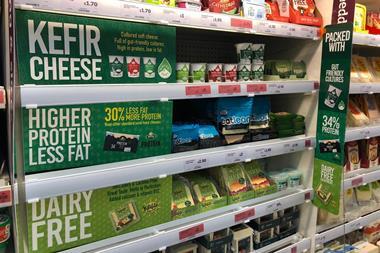
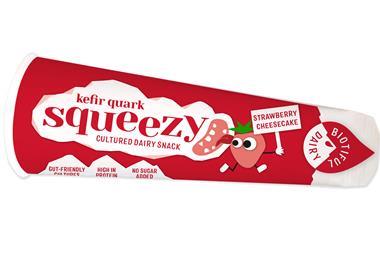
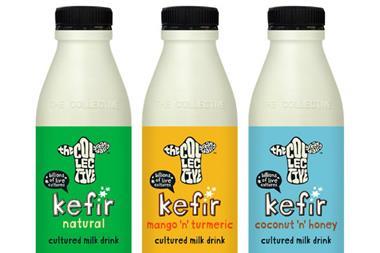
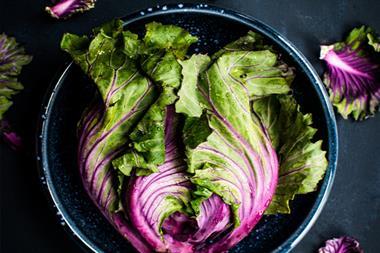







No comments yet